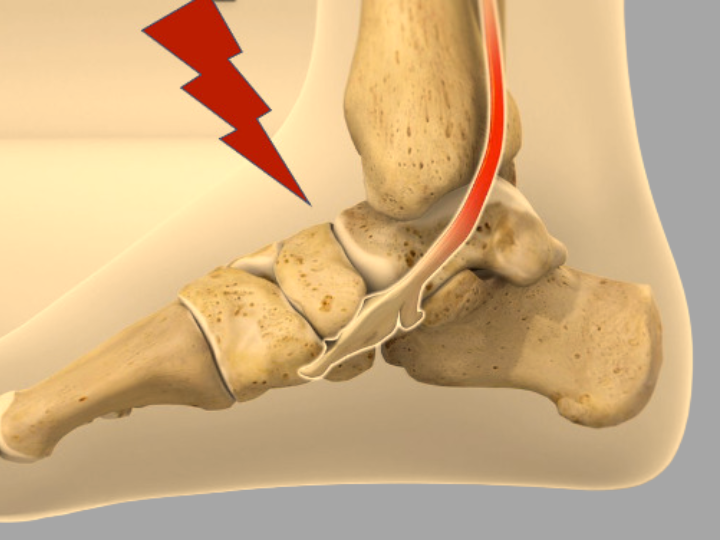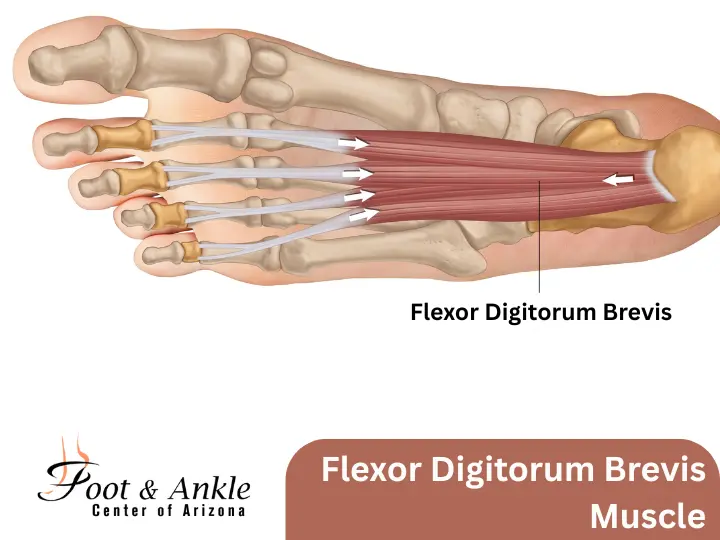Artificial Intelligence Role in Population Health
The increasing use of artificial intelligence (AI) to analyze large patient data sets promises to change the face of population health management in a way that will be far reaching across the industry and a game changer to the way physicians monitor and care for their patients.
Making Better Decisions
AI’s ability to raise the level of evidence-based medicine can help primary care physicians make better decisions in several areas.
These include:
- The ability to determine appropriate treatments for their patients and how best to monitor their care during and after hospitalization
- Improving efficiency and productivity in care team workflows
- Finding better ways to reduce overall costs associated with patient care.
Analyzing Big Data To Foreshadow Illness
Supercomputers that compare and analyze large groups of patients’ clinical data, diagnostic images and claims data, are capable of identifying subtle patterns and changes in health and wellness that can foreshadow the start of an illness, monitor the effectiveness of drug treatments and identify patients’ health risks.
For example, when researchers at the MRC London Institute of Medical Sciences, wanted to find out which patients with pulmonary hypertension had the greatest risk of heart failure, they used AI software to analyze images of patients’ hearts and constructed a smart 3D heart that predicts patient survival rates.
The study, published in the journal Radiology, noted that researchers used the software to analyze MRI scans of 256 patients’ hearts along with blood tests to identify when the heart was about to fail.
With each heartbeat, the software examined the movement of 30,000 different points in the heart’s structure, and combined this information with historic patient health records to learn which abnormalities would predict when patients would die.
Seeing Into the Future – Artificial Intelligence Role in Population Health
The study found that the software could see around five years into the future and correctly predict which patients would still be alive after one year about 80% of the time. This information is critical for physicians to determine when to intervene to save a patient’s life and what course of treatment should be taken, including drugs, injections straight to the blood vessel or a lung transplant.
On the cancer front, data presented at last year’s American Society of Clinical Oncology conference showed that a drug developed by biotechnology company Berg LLC using AI can slow the growth of cancer in clinical trials.
http://medicaleconomics.modernmedicine.com/medical-economics/news/artificial-intelligence-play-key-role-population-health





